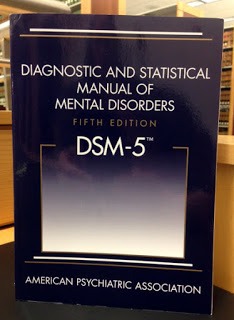
How is depression detected and treated?
Depression, even the most severe cases, is a highly treatable disorder. As with many illnesses, the earlier that treatment can begin, the more effective it is and the greater the likelihood that recurrence can be prevented.
The first step to getting appropriate treatment is to visit a doctor. Certain medications, and some medical conditions such as viruses or a thyroid disorder, can cause the same symptoms as depression. A doctor can rule out these possibilities by conducting a physical examination, interview and lab tests. If the doctor can eliminate a medical condition as a cause, he or she should conduct a psychological evaluation or refer the patient to a mental health professional.
The doctor or mental health professional will conduct a complete diagnostic evaluation. He or she should discuss any family history of depression, and get a complete history of symptoms, e.g., when they started, how long they have lasted, their severity, and whether they have occurred before and if so, how they were treated. He or she should also ask if the patient is using alcohol or drugs, and whether the patient is thinking about death or suicide.
Once diagnosed, a person with depression can be treated with a number of methods. The most common treatments are medication and psychotherapy.
